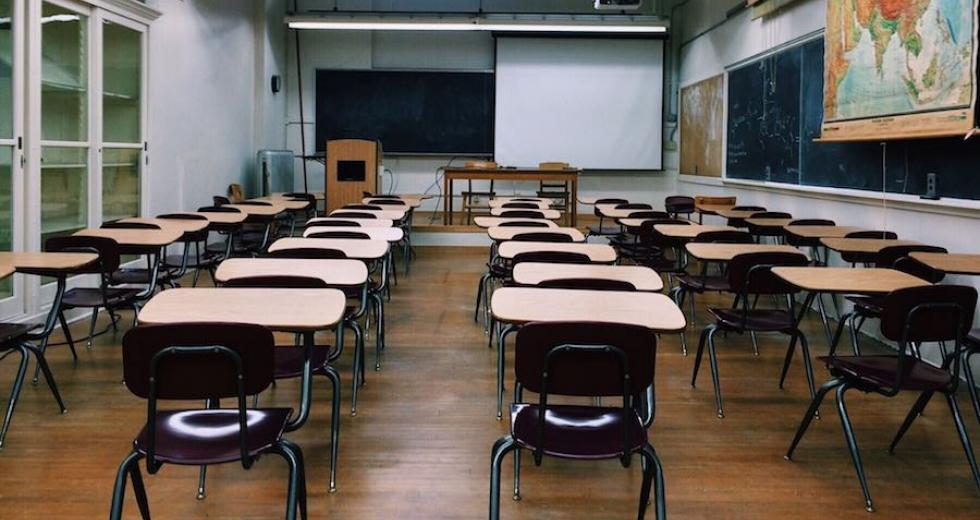
It is the advent of the private tutor and “teaching to the (grammar school) test” that will turn institutions for the academically gifted into something that more resembles a secondary modern. As more and more “less bright” students enter grammar schools “by the skin of their teeth” after having been crammed to the nines by tutors, a new problem will start to affect grammar schools: mixed-ability classes and/or the need for more stringent setting by ability. The knock-on effect of this down the line will be a drop in exam results for grammar schools and a whole new headache of how to deliver teaching to the changing needs of each new intake of pupils. What was once a meritocratic education, with the promise of an environment in which intellectually capable children could be challenged educationally, regardless of family background, has simply become a shopping-style opportunity, where you simply buy your child’s educational advantage.
Private tutoring has become the answer for the growing upper middle class, who see it as a financial alternative to the more expensive, and maybe ideologically frowned-upon, option of private school education. It’s as if you can now have the best of both worlds: you can have your cake and eat it. A state education, the free movement of market forces and mobility through privilege can all lie in the same bed and no longer be seen as mutually exclusive. A whole new era is already upon us. And I believe it is the same fundamental philosophy of ‘education as saviour’ of our children’s future that is at work here as it is in such initiatives as academisation in the less elite state sector.
One often overlooked fact is that the 1960s was an era of far greater potential for social mobility and of relatively universal prosperity than the era we find ourselves in today. The best comprehensive schools in the country can offer all that a grammar school can, with pupils being identified as “gifted and talented” at an early age, and with extra provision made for such children to excel and reach the top grades, all being achieved within the state system (just as it was for the ideologically correct children of Party bosses in the Soviet Union). This being so, and with such differentiation between schools, what does ‘comprehensive’ mean any more? Is it simply that the political class would find it unpalatable to admit frankly to its desires for its own children to excel beyond and be schooled differently than the masses?
The opening-up of a university education to more and more students has radically changed the opportunities within the reach of a pupil leaving a comprehensive school. Yet there appears that ever-present ugly head of market forces, and the old adage is true that where there’s a way, there’s always a quick buck to be made. This debate seems to only be starting to pick up steam.
